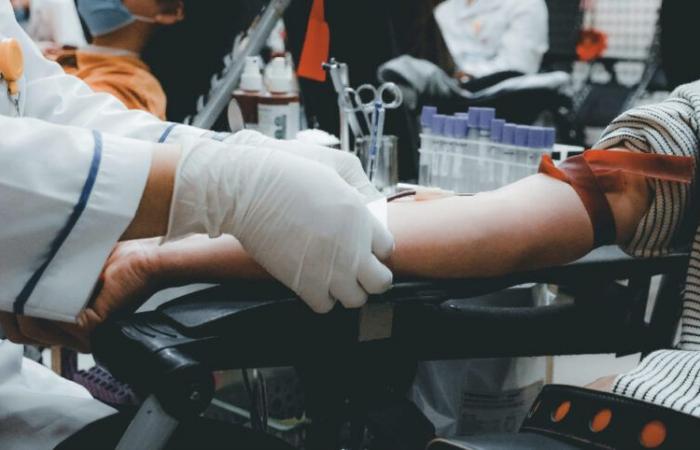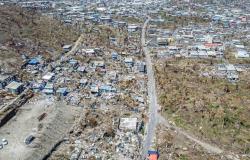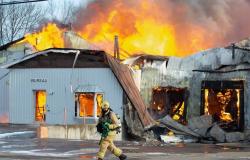Ovarian cancer is 'rare, underfunded and deadly'comments to the BBC Audra Moran, director of the Ovarian Cancer Research Alliance (Ocra), a global charity based in New York. To avoid killing, there is a solution, valid for any cancer: detect it as early as possible. “Five years before the appearance of a symptom is the time to detect ovarian cancer to reduce the risk of mortality»continues Audra Moran.
To promote the detection of more or less serious illnesses, medicine now relies on artificial intelligence. Using blood tests, it would be able to detect medical abnormalities, for example the beginnings of cancer or pneumonia.
Subscribe to the Slate newsletter for free!Articles are selected for you, based on your interests, every day in your mailbox.
Daniel Heller, a biomedical engineer at Memorial Sloan Kettering Cancer Center in New York, is behind this medical feat. With his team, they thought about introducing nanotubes into blood samples, responsible for emitting different lights depending on the molecules they encountered.
“AI is the only way we can see that two patterns are different”
Once the data has been collected using the nanotubes, a second, more complex step is required. How can we read and interpret them? “We looked at the data, but couldn’t make sense of it”remembers Daniel Heller. They then trained an AI algorithm to recognize, among a hundred blood samples, which ones came from sick patients, and which came from healthy people. “Today, AI is the only way for us to see that two patterns are different”confides the engineer.
The team of researchers claims that their algorithm was able to achieve higher accuracy than the best existing cancer biomarkers. Daniel Heller is still looking to improve it by using larger sensors or samples from a larger number of patients.
The prototype, which should be marketed in three or five years at the earliest, has high hopes for its engineer: “We would like to triage all illnesses. This way, when a patient consults, their doctor will have a tool capable of quickly telling them whether they are at risk of cancer or not. And if so, what type of cancer is it?.






